Colin Copeland
Colin co-founded Caktus in 2007. As Chief Technical Officer, he helps ensure that Caktus remains at the forefront of the open source community. He regularly implements services and products to better serve clients. He loves coding and still actively works on client projects, often as lead developer.
A proponent of automated testing and continuous integration, Colin is always researching best practices and creating efficiencies to improve deployment processes and provide outstanding support for Caktus clients. He particularly enjoys working on social innovation projects, some of which he’s become involved with through Code For Durham, a civic hacking brigade, which he helped to found around 2013.
One of Colin’s favorite, long-term projects was building the Open Data Policing NC website for the Southern Coalition for Social Justice, which displayed North Carolina police stop data. As a result of the project, Colin was invited to the White House Police Data Initiative in 2016 to share his ideas on how to ensure law enforcement transparency and accountability. In 2020-2021, Colin worked to relaunch the Open Data Policing NC website as NC Cop Watch. It draws on public records to publish up-to-date stop, search, and use-of-force data — broken down by race and ethnicity.
When Colin isn’t working on client projects, he continues to be motivated by volunteering through Code for Durham. He also enjoys baking, playing piano, and spending time with his family.
Hear more about Colin, his background, and his interests in this Modern CTO podcast and the DjangoChat podcast. You can also connect with him on GitHub, LinkedIn, and Twitter.
2025
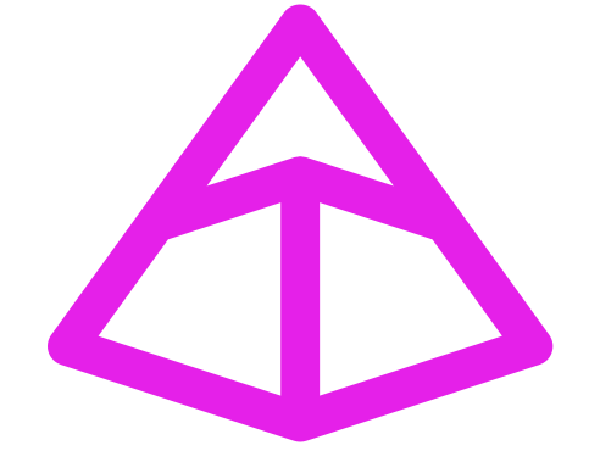
PydanticAI Agents Intro
In previous posts, we explored function calling and how it enables models to interact with external tools. However, manually defining schemas and managing the request/response loop can get tedious as an application grows. Agent frameworks can help here.
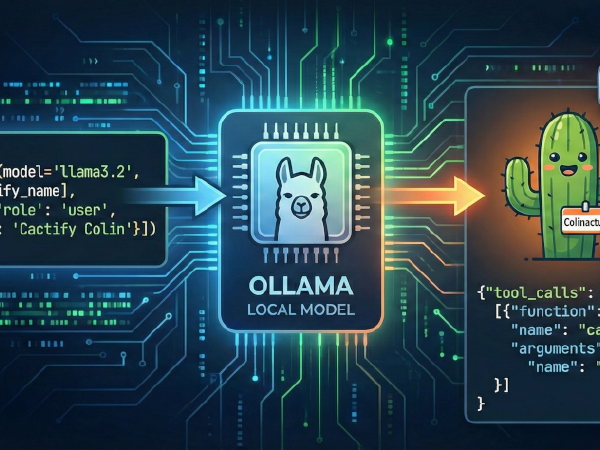
LLM Basics: Ollama Function Calling
In our previous post, we introduced function calling and learned how to do it with OpenAI’s LLMs.
In this post, we’ll call the same cactify_name function from that post using Meta’s
Llama 3.2 model, installed locally using Ollama. The techniques in this post should also work
with other Ollama models that support function-calling.
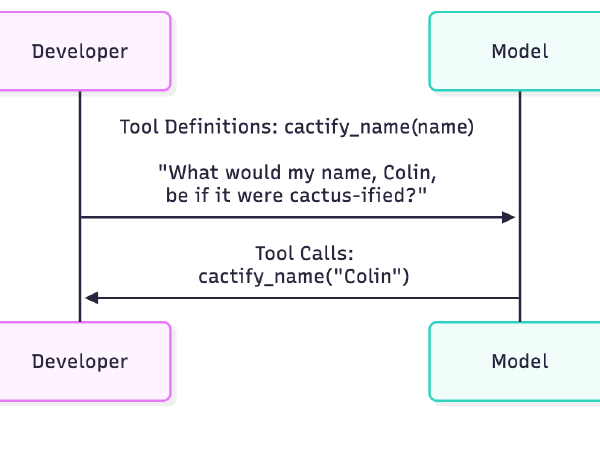
LLM Basics: OpenAI Function Calling
In our previous post, we explored how to send text to an LLM and receive a text response in return. That is useful for chatbots, but often we need to integrate LLMs with other systems. We may want the model to query a database, call an external API, or perform calculations.

DjangoCon US 2025: A Celebration of Community, Code and 20 Years of Django
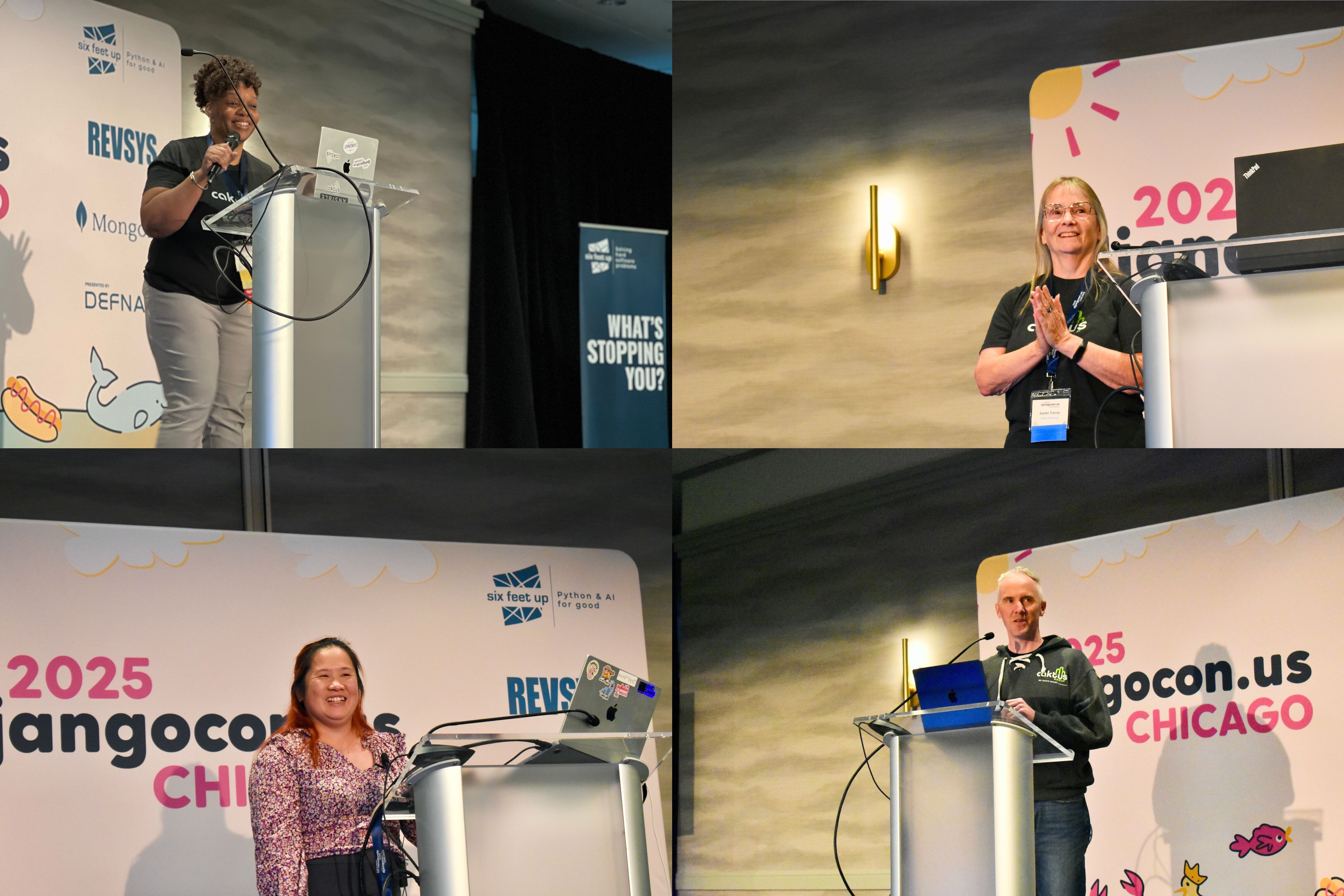
Celebrating 20 years of Django
DjangoCon US 2025 was a milestone year for the community, as we gathered in Chicago to celebrate 20 years of Django. Attendees from around the world came together to learn about the latest developments, share their work, and strengthen the bonds that make DjangoCon such a special event. Caktus was well-represented once again, with our team contributing as organizers, speakers, and active participants throughout the week.

Learning LLM Basics with OpenAI
For some time now, we’ve been using tools like ChatGPT and CoPilot for day-to-day tasks, but mostly through the conversational AI chatbots they provide. We’ve used them for everything from drafting emails to providing type-ahead coding assistance. We haven’t, however, gone a step further and integrated them into a development project. Honestly, we weren’t sure where to start. Looking into the available options, you quickly run into a dozen new concepts, from vector stores to agents, and different SDKs that all seem to solve similar problems.
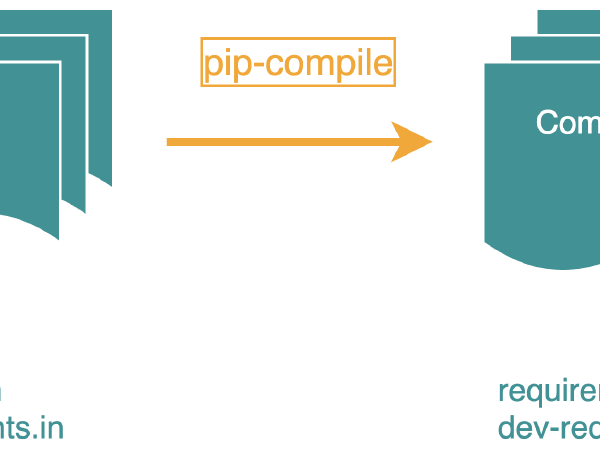
How to migrate from pip-tools to uv
At Caktus, many of our projects use pip-tools for dependency management. Following Tobias’ post How to Migrate your Python & Django Projects to uv, we were looking to migrate other projects to uv, but the path seemed less clear with existing pip-tools setups. Our requirements are often spread across multiple files, like this:

Handling Configuration and Server Snippets When Upgrading to ingress-nginx 1.12.0
As part of our ongoing Sustainability and Maintenance efforts, we are upgrading our Kubernetes clusters to version 1.32. Much like a major Django upgrade, this process requires us to update other key components to ensure they remain compatible. One of these is the ingress-nginx controller, which manages external access to the cluster.

Avoiding Timezone Traps: Correctly Extracting Date/Time Subfields in Django with PostgreSQL
Working with timezones can sometimes lead to confusing results,
especially when combining Django's ORM, raw SQL for performance (like
in PostgreSQL materialized views), and specific timezone requirements. I
recently had an issue while aggregating traffic stop data by year, where
all yearly calculations needed to reflect the 'America/New_York'
(EST/EDT) timezone, even though our original data contained
timestamp with time zone fields. We were using
django-pgviews-redux
to manage materialized views, and I mistakenly attempted to apply
timezone logic to a date field that had no time or timezone
information.
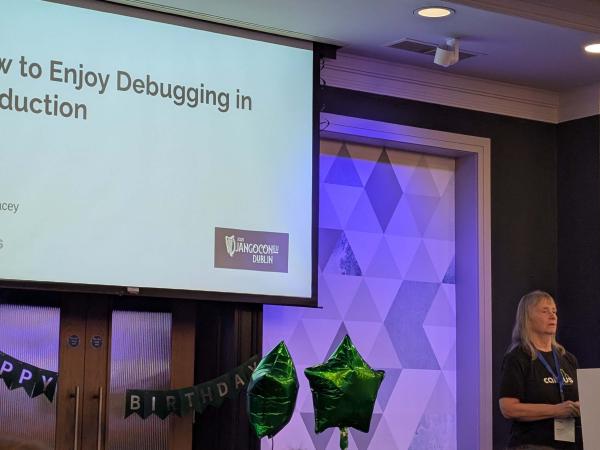
DjangoCon Europe 2025 Highlights
Three Cakti recently attended DjangoCon Europe 2025 in Dublin and it was a wonderful experience! It was great to see and chat with various Django community members we usually only see once or twice a year. Beyond that, we were most impressed by the consistently high quality of the talks throughout all three days of the conference. It was a pleasure to listen to so many excellent presentations, including the lightning talks at the end of each day. Here are some of our favorite talks.

Cakti Share Their Favorite Tools For Streamlined Workflows
Let’s jump into it!
At Caktus, we’re always looking for tools that help us streamline our workflows, increase productivity, and make our day-to-day tasks more efficient. Whether you’re managing projects, writing code, or debugging, the right tools can make all the difference. Here are some of our favorite tools that we love using to get the job done!
